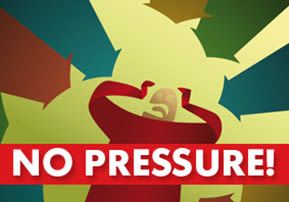
No Pressure!
Children who grow up in an environment of pressure resent the very same things that are forced on them, whether it's the synagogue, the Shabbat table or the Gemara...

Translated by Rabbi Lazer Brody
There’s no room for pressure in either child education or in Judaism.
Don’t force small children to sit in the synagogue or at the Shabbat table. Of course we should encourage them to sit with us and enjoy the food, the singing, the words of Torah and the stories, but with no pressure. Ultimately, they will understand the importance of the Shabbat table on their own, and they will want to be more involved. They will grow up healthier without criticism, constant comments and pressure.
However, when children do grow up in an environment of pressure, they resent those very same things that are forced on them, whether it’s the synagogue, the Shabbat table or the Gemara. Ask any young, off-the-religious-track young man hanging around in the streets how he got to such a level: If he’s candid, and if he has a measure of self-awareness (despite his feelings of hostility), he’ll say that it’s because he was pressured into doing certain things that he came to despise. And usually, he’ll say that he still believes in Hashem and in the Torah, but because of all the criticism and humiliation – either from a parent or a teacher – 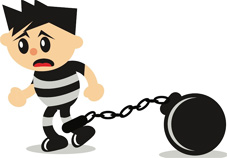 he has an aversion to anything that is forced on him. Now, even if he still yearns for Torah and Judaism, he’ll most likely find it difficult to be able to stomach them.
he has an aversion to anything that is forced on him. Now, even if he still yearns for Torah and Judaism, he’ll most likely find it difficult to be able to stomach them.
Unfortunately, I sometimes encounter parents who terrorize their children. Once, a father asked me about a problem with his little son. I felt that there was something that he was not telling me that caused this problem. After a bit of investigation, the father admitted to me that, on one occasion, he lost his patience and his composure; as a result, he hit his son cruelly. It only happened once, but that was enough to leave a scar on the soul of the child.
Here’s this little boy, barely two feet tall, with a giant father towering over him, face contorted in anger and terror, hitting him cruelly and yelling at him – how terrifying and traumatic! Anyone can imagine what this child felt during those moments of terror; the kind of psychological damage he suffered is unfathomable and who know what its effects could be in the long run. Frightening!
Parents must make a solemn commitment not to be cruel to their children in any way, shape, or form, for whatever reason. Our teacher and spiritual guide Rebbe Nachman of Breslev said that one should never hit children. Forethought and rational behavior are necessary in educating a child. Hitting, on the other hand, comes from rage and lack of parental self-control.
A parent that thinks physical punishment is beneficial for the child knows full well that rage and cruelty are transgressions of Torah, for the Torah’s path is peace and all its ways are pleasant, to paraphrase the Etz Chaim prayer.
Rage and cruelty are far from love. We should think, “Is this how I would want to be loved?” And if a parent wants to rely on the concept of , “One who spares the rod hates his child,” then he should realize that the rod is NOT rage and cruelty, but ethical behavior. Proper child rearing comes from the depths of the heart. The messages from parents to children can be firm, but they must be delivered in a sweet way that the child can digest.
Therefore, one should avoid hitting a child, especially in a cruel and terrorizing manner. The Gemara gives us some insight: There’s a story about a child from Bnai Brak who broke something. His father threatened him in such a frightening manner that the child ran out of the house, threw himself into a well and died. This sounds exaggerated, but children are terrified of parents who threaten them, and even more so when they cruelly hit them.
Ultimately, parents will pay dearly for the psychological damage that abuse engraves on the soul of a child. Down the road, they’ll have all sorts of troubles and problems with this child.
I once spoke with a well-seasoned principal of a cheder (elementary school) in Jerusalem. Prior to this position, he was a teacher for thirty years. I asked him about his thoughts when he’d observe children during their recess break, a time when there is normally a serious problem of abusive and aggressive behavior. I was shocked by his response: There had been no one watching the children and, despite the lack of supervision, there were no fights. He continued that the children played and ran around like children do, void of any abusive behavior.
I asked him to explain how there are still fights in schools with close supervision, and yet in his case, where there was no supervision, there was peace. He explained that in the school where he had worked, all the kids had come from good homes, which he defined as homes void of parental abuse; hence, there weren’t any problems with the children, either.
This discussion got me thinking anew how important parental self-improvement is, especially in the area of verbal abuse and forceful language (not to mention physical abuse). Children mirror parental abusive behavior.
All parents must decide clearly and firmly to uproot abuse from their homes. The results of abuse are terrible. We are known as a merciful people and want to merit raising children of merciful people; there’s no justification for cruelty in child-rearing or in the home at all.


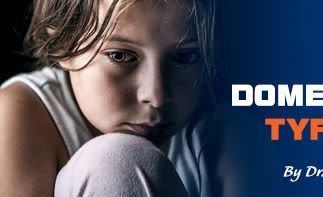
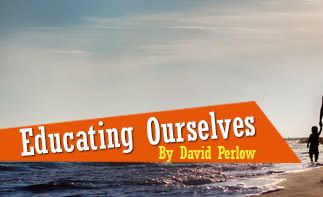
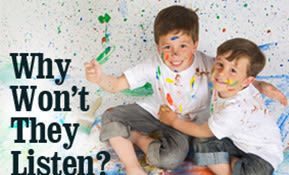

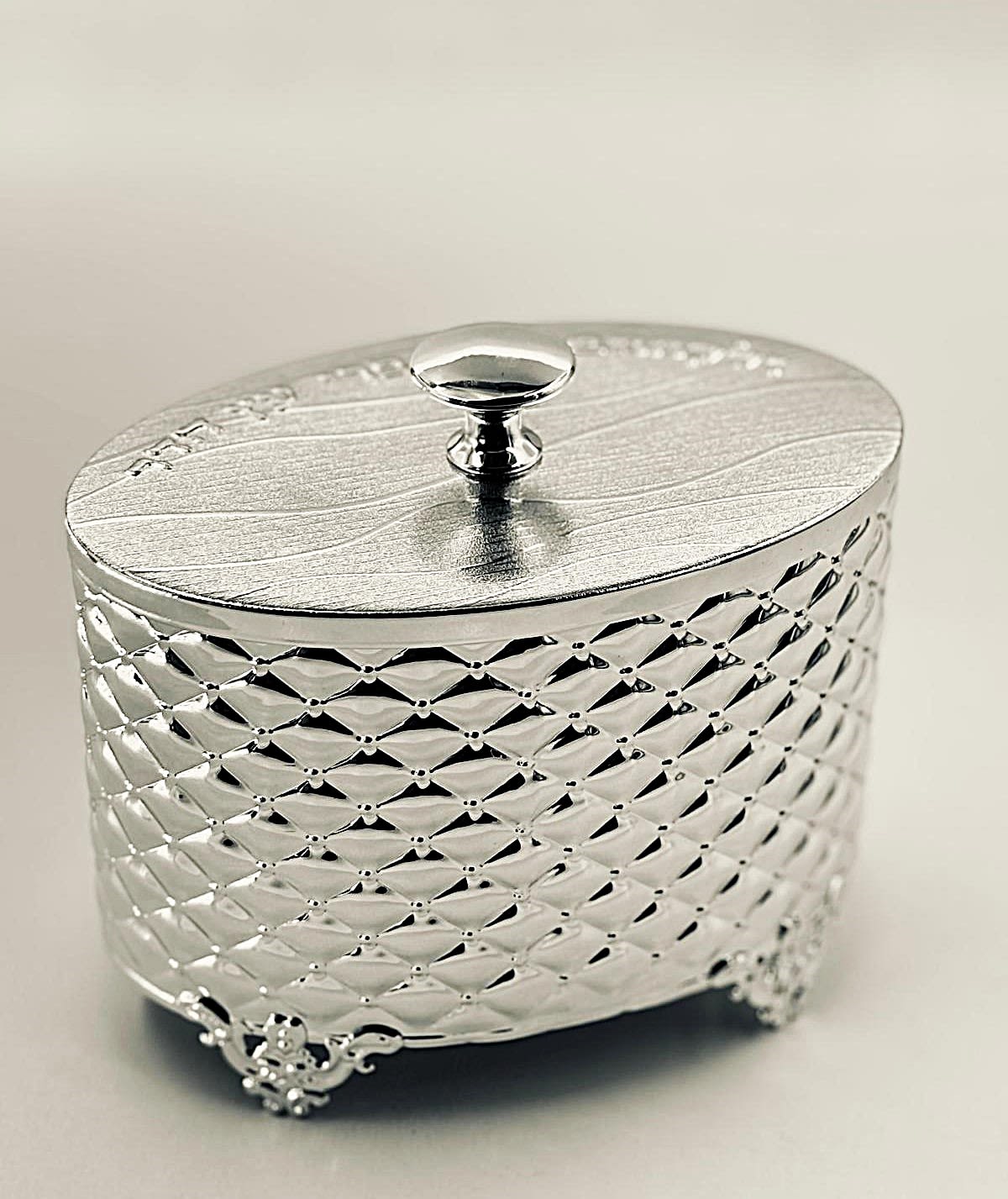

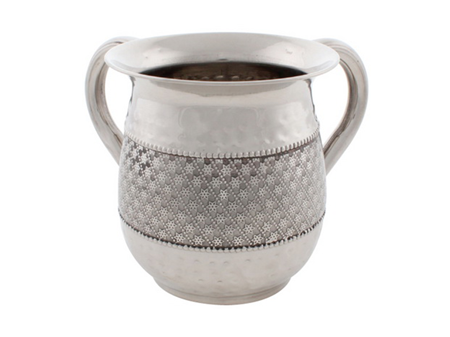



11/18/2015
Too Late
Too late. The damage has already been done. What can a father do with OTD teens with these scars from their early years? To this article, it sounds hopeless after even one incident when they're young.
11/18/2015
Too late. The damage has already been done. What can a father do with OTD teens with these scars from their early years? To this article, it sounds hopeless after even one incident when they're young.